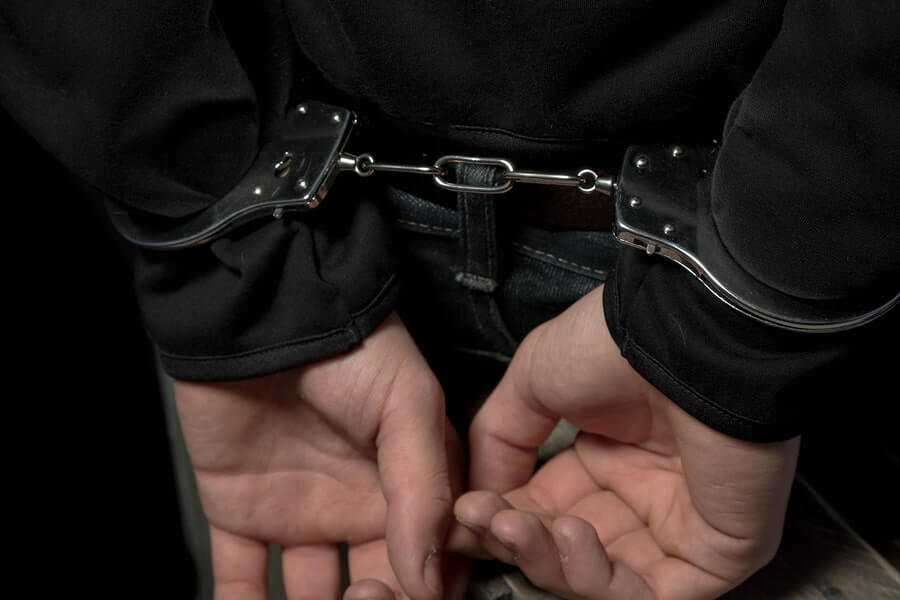June 20, 2019
If the police have arrested your child, you may be feeling helpless, shocked, and angry. You’re probably also feeling protective. No matter the reason why your child was arrested, they are your child and you want to protect them. That is understandable.
Above all else, however, it’s important to remain calm. Becoming emotional when interacting with the police or a court could hurt your child’s legal situation under Florida law. Remaining calm will help you stay focused on protecting your child and getting them the help they need.
Juvenile Arrests
Juvenile arrests in Florida are more common than many people think. That doesn’t make living through this challenging situation any easier. But experienced lawyers can help with the most common juvenile crimes:
- Vandalism
- Graffiti
- Shoplifting
- Fighting (assault)
- Underage drinking
Many juveniles arrested for these common crimes are first-time offenders. But that doesn’t mean the child will avoid serious penalties. If a judge determines the child broke the law and should be punished for their crimes, they may face jail time. They could also face:
- House arrest
- Probation
- Fines
- Community service
- Electronic monitoring
Depending on the crime, the child could face adult penalties. While courts only do this in certain circumstances and only for serious crimes, it does happen. This is why it’s so important to speak with a trusted legal advisor as quickly as possible.
No One Should Talk to the Police Without a Lawyer Present
In general, neither the child or their parents should talk to the police without a lawyer present. As anyone who has watched crime dramas on television knows, anything a person says can and will be used against them. Speaking with police without a lawyer present to help guide the conversation can be detrimental to the child’s case. The child or their parent may inadvertently provide the police with information that could hurt the child’s case.
Police interrogators often use tactics to make it seem like they want to help the person they are interrogating. They don’t. They want to solve the case. Many police interrogation rooms have cameras and microphones. Sometimes these are left on while the child is left alone in the room with their parents. If the police overhear a conversation that indicates the child did, in fact, commit the crime, it makes it much easier for them to prosecute the child.
Many people think a public defender can help them and they don’t need to hire a lawyer. While there are quality public defenders, they don’t get assigned to a case until later in the process. Having an attorney from the beginning can help to make sure a child’s rights are protected as soon as possible. In fact, it’s even possible to have the child’s case dismissed at the very beginning, something that can only happen if the child is defended by an experienced juvenile crimes attorney.
Understanding the Child’s Rights
Just like when an adult is arrested, a child has a right to a lawyer. In most cases, the child also has a right to have a parent or guardian present during any questioning. If a police officer has called to let the parents know that their child has been arrested, parents have a right to speak with their child at that time.
Parents of children who have been arrested should always exercise the right to speak to them to remind the child that they should not speak with the police until their parents and a lawyer get there. Parents should also say this to the police.
Using Common Sense
When a child is arrested, their parents experience a flurry of emotions. If the parents can remain calm, it is easier for them to keep their heads clear and remain focused on helping their child.
In most cases, parents should be able to see their child, even if just briefly. In other cases, the parents may not be able to see their child immediately. If that is the case, the parents should just make sure the police know they are not allowed to speak with the child until the child’s attorney arrives.
Parents usually just want to protect their child. But that doesn’t mean they should believe everything the child says. The child may be leaving out some details about what happened because they don’t want to disappoint their parents. Parents can ask for a report or description of the incident from the police, but should refrain from making any statements or claims on behalf of their child without talking to a lawyer first.
Parents Should Never Be Their Child’s Lawyers
This point cannot be overstated. Even if the child’s parent is an attorney, they should not be their child’s attorney. They too emotionally involved. They’re not thinking clearly. They cannot help their child the way they’ve helped other clients. If the parent is not an attorney, then they definitely should not act as their child’s lawyer.
Parents know their child best. But criminal law is complex. Add in the fact that the child is a minor, which just increases the complexities. It takes a seasoned juvenile defense lawyer to give a child the best chance at a suitable resolution to their arrest.
Getting Experienced Juvenile Defense Help
If your child was arrested, don’t wait to speak with a juvenile defense attorney. Without an experienced legal team protecting your child’s rights, your child could face life-long consequences for this one childish mistake. Don’t take any chances – this is your child’s life. An experienced juvenile crime lawyer who knows the ins and outs of police tactics and the best legal approaches to take to help a child who was arrested can help guide children and their families through complicated legal issues.


